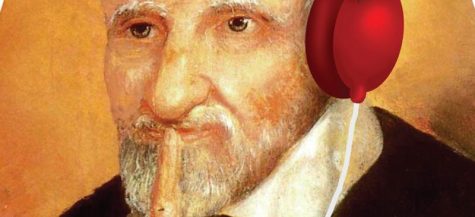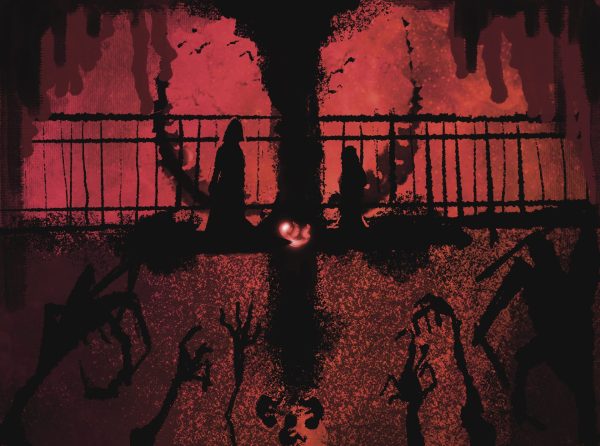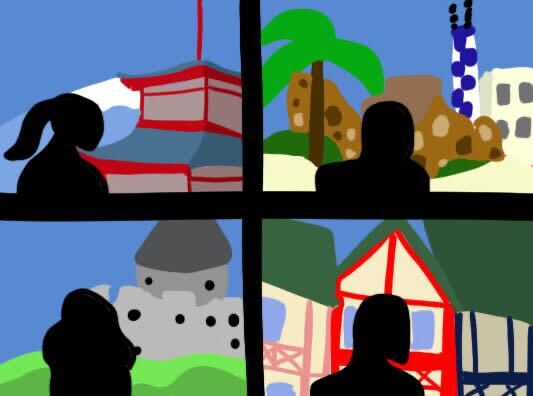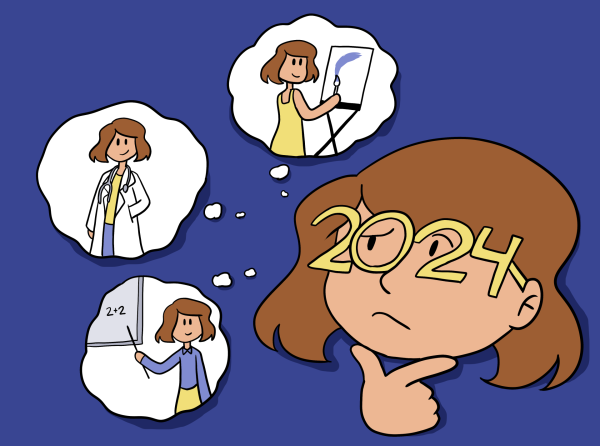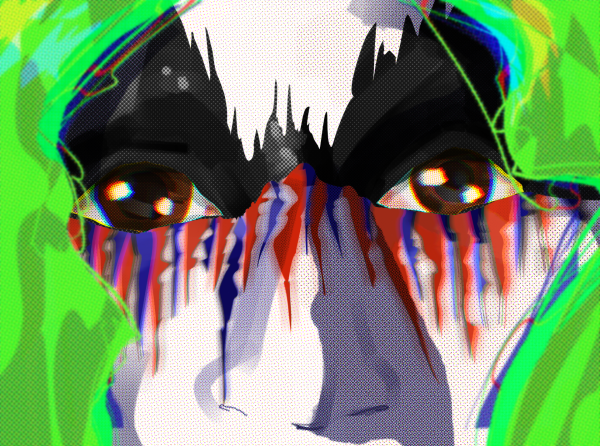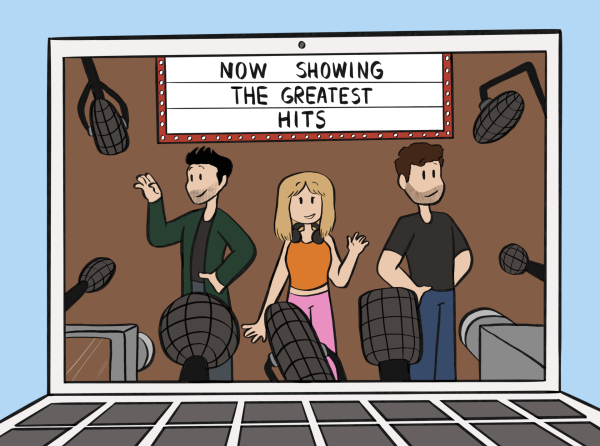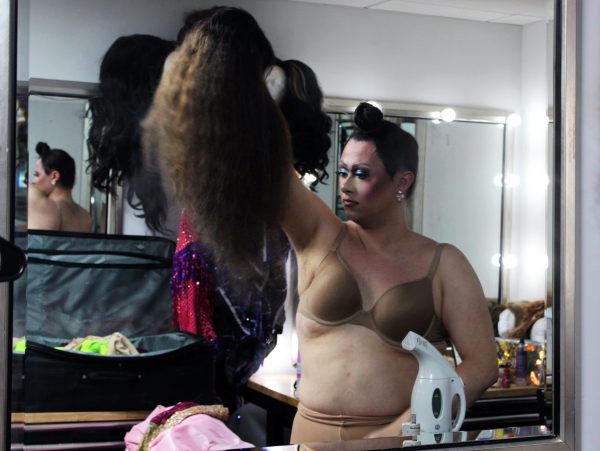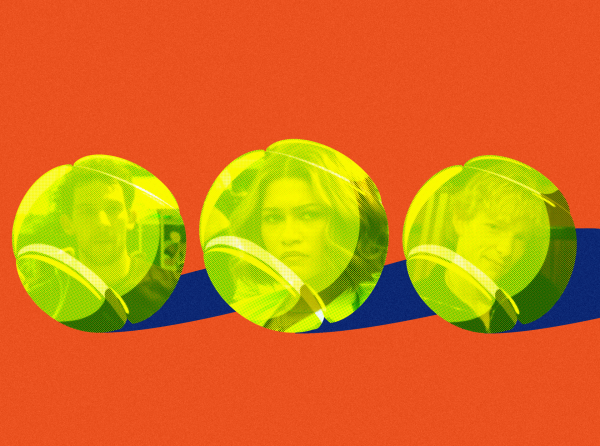Some help with how to combat panic attacks
Dizziness. Heart palpitations. Trembling. An overwhelming tightness in your chest coupled with an intensified fear and feeling of discomfort. These are some symptoms of a panic attack, a crippling phenomenon that is often a side effect of anxiety, stress and panic disorders that affect over 40 million of adults in the United States, according to the Anxiety and Depression Association of America. Other symptoms can include a dissociation from reality, crying and irrational thoughts.
While panic attacks are side effects of mental health disorders, anyone can experience them.
“People don’t necessarily need to have a panic disorder to have a panic attack,” said Michael Villarreal, a licensed clinical professional counselor at Semillas Counseling, LLC. This means that while a lot of panic attacks are rooted in trauma and depression, they can also stem from everyday stressors such as school, work and relationships.
Jennifer, a junior at DePaul University who asked that her name be changed, says she agrees.
“I’ve had panic attacks in the past associated with a lot of different things – school, finances, the future,” she said.
This is a common experience for many college students as they try to balance their academics, finances, social life and life after graduation. Juggling different things and trying to meet various deadlines can cause them to stress out to the point of a panic attack.
DePaul students, specifically, may currently inhibit distress and symptoms of panic attacks as they begin studying for midterms or planning for post-graduation. The uncertainty students are facing when trying to secure jobs or deciding whether to go to graduate school creates a lot of fear that can lead to panic attacks.
Jeff Lanfear, director of the University Counseling Centers at DePaul says that college is usually when these attacks begin to take place. “The young adult years of 18-24 are the typical onset of a lot of mental health issues,” he said.
Entering adulthood is a huge transition that can be overwhelming and scary and create negative implications. The mind and body can only harbor so much stress before they negatively react.
One common misconception about panic attacks that has been reiterated throughout mass media and society is that there is no treatment available. “Mainstream movies and TV shows will show symptoms such as hyperventilation, but they don’t show that there is help out there,” Michael Villarreal said.
Nor do they show that someone can seek help regardless of how small their attacks may seem.
“If there is some kind of impairment in functioning or you’re just feeling distress, reach out for help,” said Lanfear. There are many prevention and coping mechanisms as well as treatments available for those who suffer from these attacks, ranging from counseling to meditation.
On campus, the University Counseling Services offer 20 sessions for a student’s entire academic career. That’s a short amount if a student requires long-term counseling but treatment for panic attacks often only require short-term therapy, according to Lanfear. Each session costs $5 but the fee will be waived if a student cannot pay. Lanfear says a student’s inability to pay the fee will not be a barrier between them and their need for counseling.
Counseling isn’t the only way to treat panic attacks, though. Jennifer says she uses a countdown method during instances of dissociation where she identifies five things she can see, four things she can touch, two things she can smell and one thing she can taste. This helps keep her grounded and remain in tune with what is around her.
Other mechanisms can include breathing techniques, meditation, exercise and saying no to certain demands and obligations when they begin to pile up.
DePaul also offers various workshops on mental health and general health awareness through the Office of Health Promotion and Wellness. These workshops are free to students.
Despite the fact that American culture regularly stigmatizes mental illness, campus resources at DePaul aim to bring broader awareness and help for students who experience panic attacks and other mental health issues.


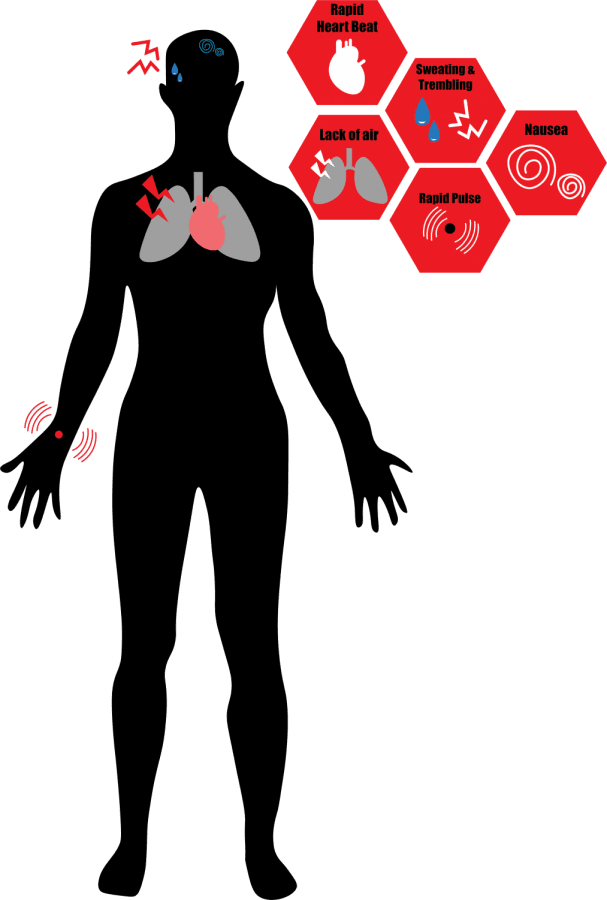

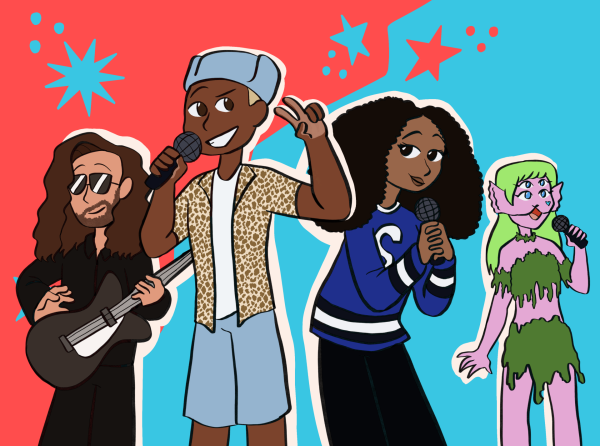
![DePaul sophomore Greta Atilano helps a young Pretty Cool Ice Cream customer pick out an ice cream flavor on Friday, April 19, 2024. Its the perfect job for a college student,” Atilano said. “I started working here my freshman year. I always try to work for small businesses [and] putting back into the community. Of course, interacting with kids is a lot of fun too.](https://depauliaonline.com/wp-content/uploads/2024/04/ONLINE_1-IceCream-600x400.jpg)
